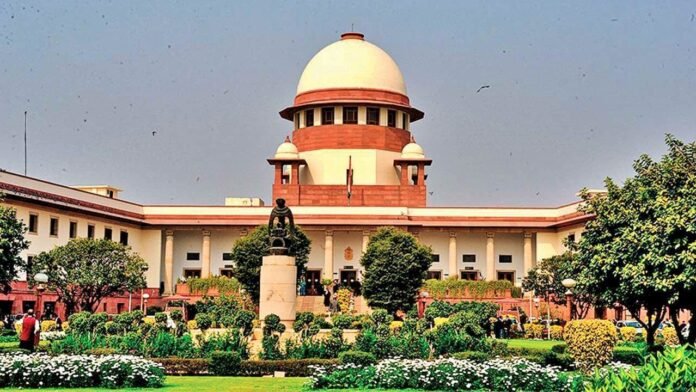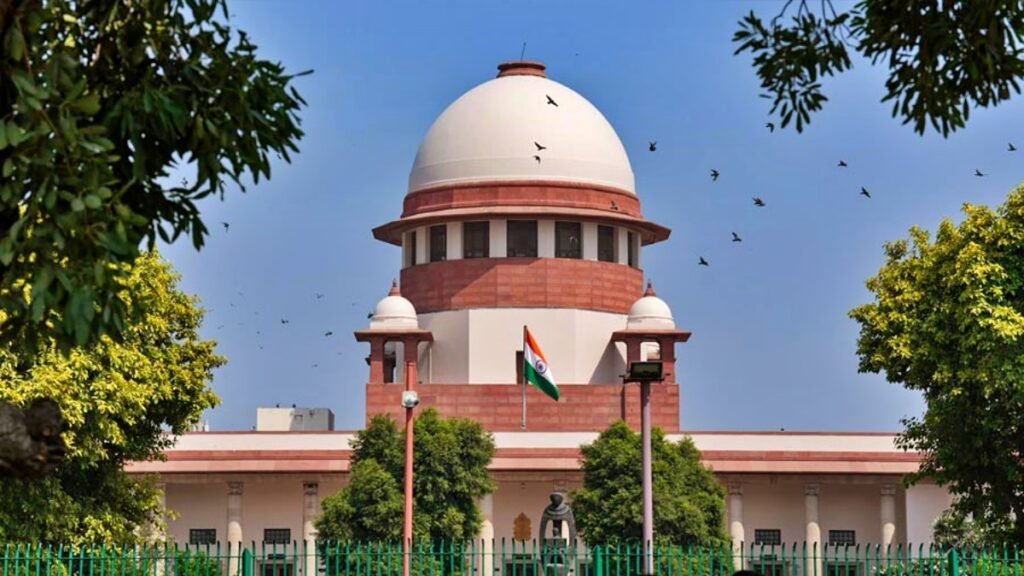
- The Supreme Court, in a recent order, has directed all courts to stop mentioning the caste or religion of the litigants in the case papers
- The bench of Justice Hima Kohli and Justice Ahsanuddin Amanullah said that this practice was irrelevant and discriminatory and should be abandoned immediately
- The order came while allowing a transfer petition in a matrimonial dispute, where the caste of both parties was mentioned in the documents
New Delhi: The Supreme Court of India, in a landmark order, has put an end to the long-standing tradition of mentioning the caste or religion of the litigants in the case papers of the Supreme Court, all High Courts, and lower courts. The bench of Justice Hima Kohli and Justice Ahsanuddin Amanullah, in its order dated January 10, 2024, said that there was no reason or justification for stating the caste or religion of any litigant before any court and that such a practice was to be shunned and ceased forthwith.
The order also directed all High Courts to ensure that the caste or religion of a litigant does not appear in the memo of parties in any petition, suit, or proceeding filed before the High Court or the subordinate courts under their respective jurisdictions. The order further instructed the registry of lawyers and courts to implement these directions immediately and to circulate them to the Registrar Generals of all the High Courts for strict compliance.
The order came while allowing a transfer petition in a marital dispute pending before a family court in Rajasthan. The Supreme Court expressed surprise that the caste of both the husband and wife was mentioned in the memo of the parties. The counsel for the petitioner, who was the wife, informed the court that he had no option but to mention the caste of both parties in the case papers filed before the Supreme Court, as it was mentioned in the case papers filed before the family court. He said that if he did not mention this information, he would have faced objections from the Supreme Court Registry for discrepancies in the case details.

The Supreme Court then specifically ordered that the caste or religion of the parties to a case should not be mentioned irrespective of whether such information was given before the lower courts. The bench said that the caste or religion of a litigant had no relevance or bearing on the merits of the case and that mentioning it was unnecessary and discriminatory.
The order has been hailed as a progressive and reformative step by the Supreme Court, which has upheld the constitutional values of equality and secularism. The order has also been welcomed by various civil society groups and activists, who have been campaigning against caste-based discrimination and violence in the country.

















































